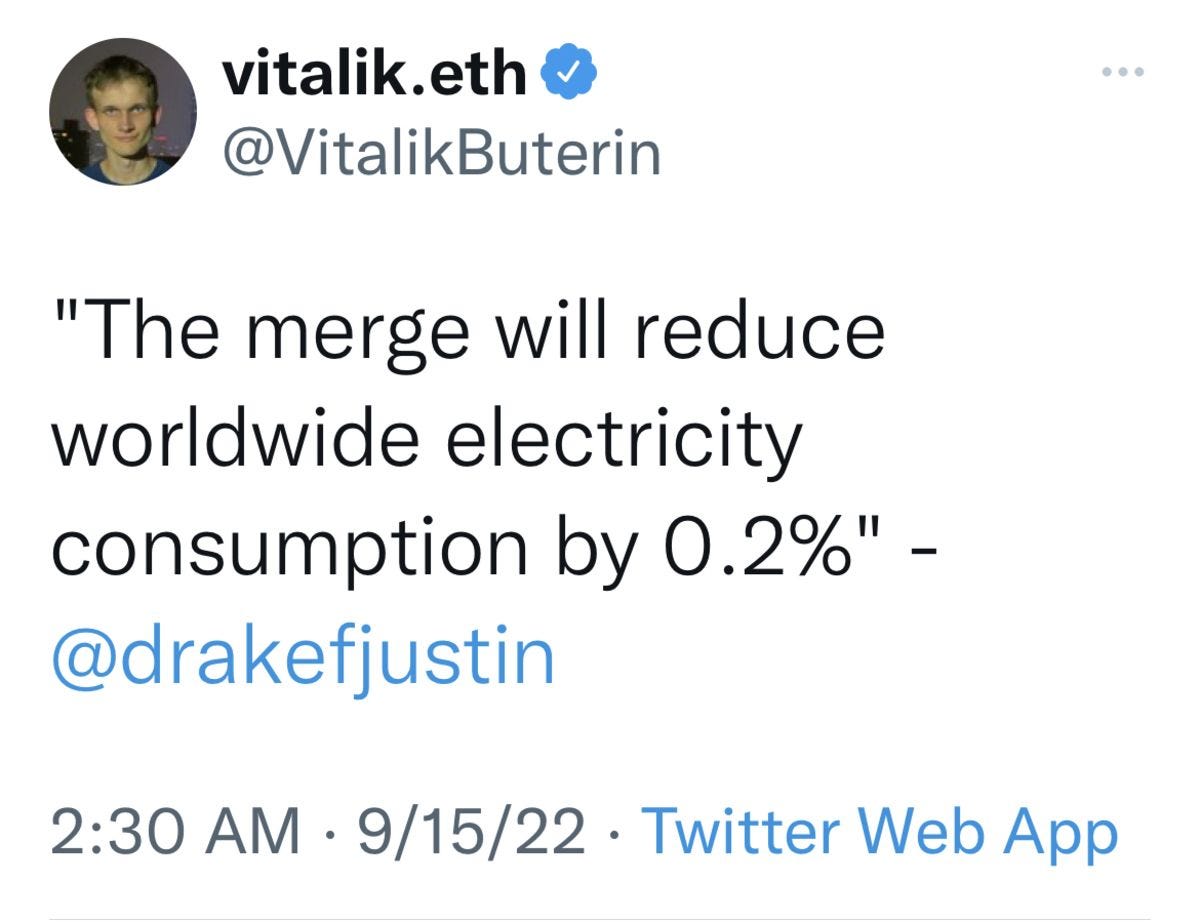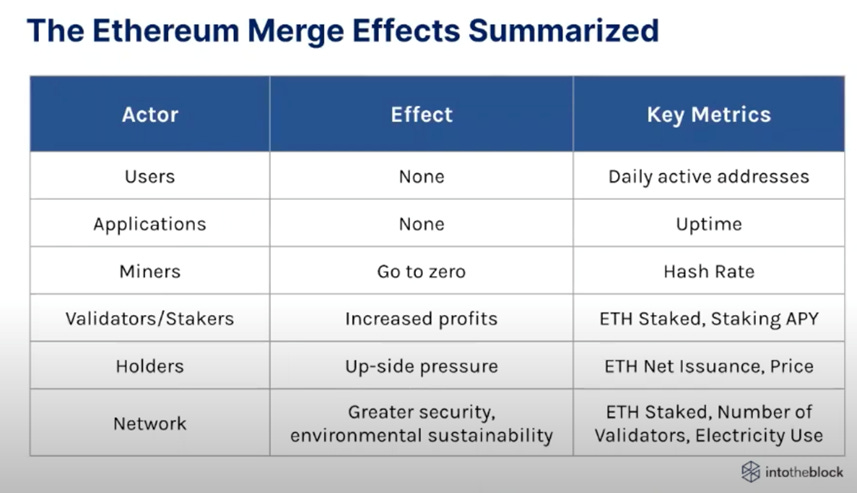Hi Fintech Futurists,
Welcome back to our podcast series! For those that want to subscribe in your app of choice, you can find us at Apple, Spotify, or on RSS.
In this conversation, we chat with Justin Drake, Researcher at the Ethereum Foundation. He is also front and center of the biggest upcoming change to happen in Ethereum’s short history by transitioning from proof of work to proof of stake, commonly known as The Merge. A major engineering feat for what is the most active Blockchain in Crypto
Justin lives in Cambridge, UK where he studied mathematics. He founded the Cambridge Bitcoin Meetup group in 2013, and in 2014 left his job as a programmer and FPGA engineer to study the blockchain space. In 2015 he operated a Bitcoin ATM and started a company providing a web interface for OpenBazaar. He is now a researcher for the Ethereum Foundation focusing on sharding.
In Partnership:
Join the fintech industry’s biggest Q1 event on March 19-22, 2023 at Aria, Las Vegas.
Fintech Meetup has amazing speakers, exhibit hall, receptions, and more. Attendees get connected using a fantastic tech platform, facilitating 30,000+ onsite meetings.
👉 This is a great event — learn more at Fintech Meetup or download the brochure.
Timestamp
1’29”: The influences driving Justin’s journey into Web3 and crypto economic systems
6’53”: Decentralized software definition and the idea of replacing eBay
10’42”: Being a researcher for Ethereum & how work is done on the network
17’19”: Machine consensus vs social consensus and the anti-fragility of protocols
21’56”: The fundamentals of the Ethereum Merge
32’49”: Revised inflation and yield rates for the Ethereum Network post-merge
36’57”: What’s next for Ethereum after the merge
47’05”: The forward-looking dynamics between scalability and fees of the network
56’03”: Channels to use to connect with Justin and/or to learn more about Ethereum and the merge
Sneak Peek:
Justin Drake:
blockchains, the product that they provide to humanity, is called secure block space. It's this kind of digital substrate where people on the internet who don't necessarily trust each other can come together on this credibly neutral platform to perform transactions of value. And so, one of the key things that we're optimizing for is security. And it turns out that this engine, this new engine is just orders of magnitude more secure.On the one hand, it has more economic security. So economic security, you can think of it as the size and the power of the engine. So, we're just putting in a much beefier engine, which is going to be much, much harder to 51% attack. And there's this other kind of amazing and underrated property of this engine, which is basically healing. It's this idea that if there is an attack, if there is a 51% attack and the engine breaks down and the car kind of stops, then we can call a mechanic and the mechanic will heal the system.
And the mechanic here in this case is the social layer. We can ask the social layer to…
Postscript.
Subscribe to our podcast on Apple Podcasts or Spotify
What did we miss? Reach out here anytime.
Stop by our Discord!
Like it? Share it!















